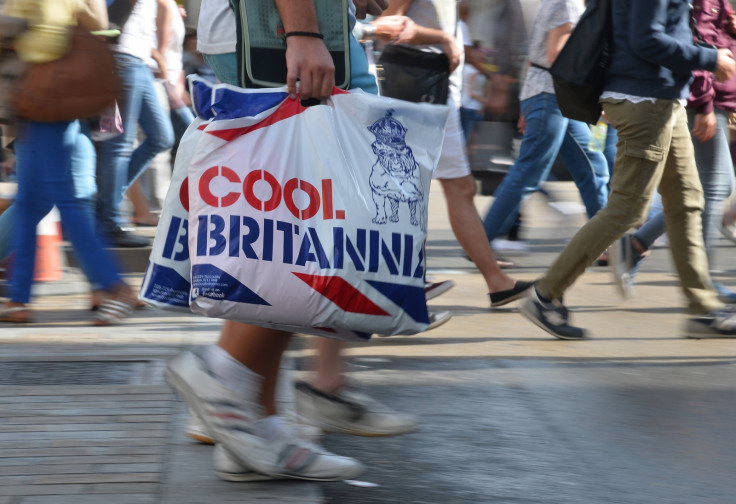Consumer spending slows down for second consecutive month amid Brexit uncertainty

Growth in consumer spending slowed down for the second consecutive month in February, as UK shoppers started to show signs of more cautious behaviour in response to an uncertain economic outlook, data released on Tuesday (8 March) showed.
According to the latest monthly report from Barclaycard, which processes nearly half of all credit and debit card transactions in the UK, consumer spending grew 3.3% in February, compared with a 3.8% gain in the previous month and a 4% peak of year-on-year growth registered in December 2015.
Restaurants, pubs and hotels all saw an increase in spending as couples took advantage of Valentine's Day falling on a Sunday to celebrate with meals out and weekend breaks, the survey found, with the restaurants and pubs recording a 13.8% and 12.8% increase in spending respectively, while spending in hotels grew 7.5% from the corresponding period in 2015.
The half-term holiday coinciding with the release of a number of new films helped boosting spending at cinemas, which grew 13.6%, while travel spending also gained ground, with airlines recording a 7% increase in spending – the highest in 14 months – as consumers took advantage of low fares to plan ahead for Easter and summer breaks.
"February spend growth, while still robust, continued the downward trajectory we've seen over the past few months as consumers reacted to uncertainty in the economy," said Barclaycard managing director Paul Lockstone.
"The February half-term and the Valentine's weekend provided bright spots, with spending on days out and trips away holding up well. This suggests shoppers are budgeting carefully so they can spend on their 'must-have' experiences."
However, uncertainty around the economic environment hit consumers' confidence and led them to rein back their spending overall, with research showing consumer confidence has fallen to its lowest level since the third quarter of 2014, after suffering a sharp drop over the last three months.
Uncertainty around Britain's future in the European Union, lower domestic growth forecasts and the recent stock market turmoil, are all affecting the consumer outlook, the report added, indicating the percentage of consumers who feel confident in their household finances fell from 71% in December to 54% last month.
"After a strong run in the second half of 2015 it seems that consumer confidence has finally caught up with the wider economic news," Lockstone added. "Ongoing worries over the economy and uncertainty around the UK's EU membership may cause shoppers to continue to take a more cautious approach to spending over the coming months."
Across the same period, the number of those confident in the UK economy has fallen from 45% to 36%, while confidence in job security has also suffered a sharp decline, falling from 52% to 39%.
As a result, consumers are spending carefully on the experiences they won't do without and holding back in other areas, Barclaycard added, indicating overall spending on the high-street fell by 0.2% whilst online spending rose sharply, gaining 15.5%.
This spending pattern seemed to have translated in a drop in retail spending in February, which saw clothing sales recorded year-on-year rise of just 2%, significantly down from the 6.7% recorded in January when consumers took advantage of the sales period to stock up on fashion items.
Meanwhile, spending in both electronic stores and garden centres fell 0.7% and 1.3% respectively, with only department stores and discount stores, which saw rises of 9% and 10.1% respectively, bucked the trend.
© Copyright IBTimes 2025. All rights reserved.






















